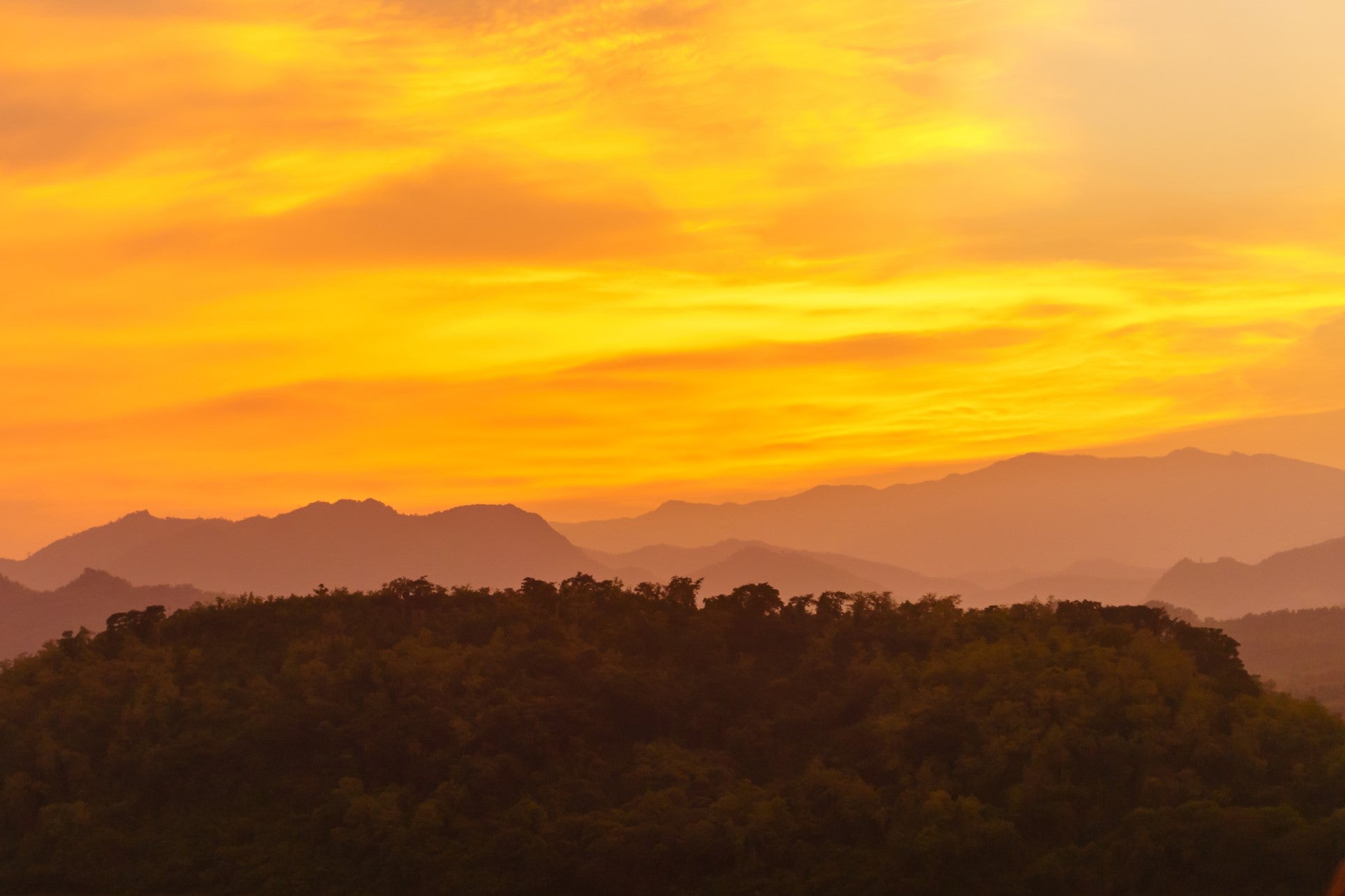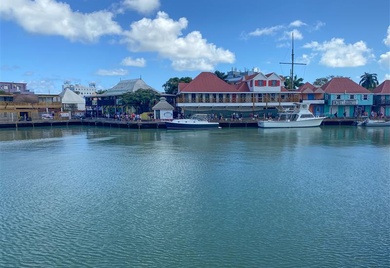Maximiliano Bello: "If we did not extract the fish from the sea, what could be its value?"
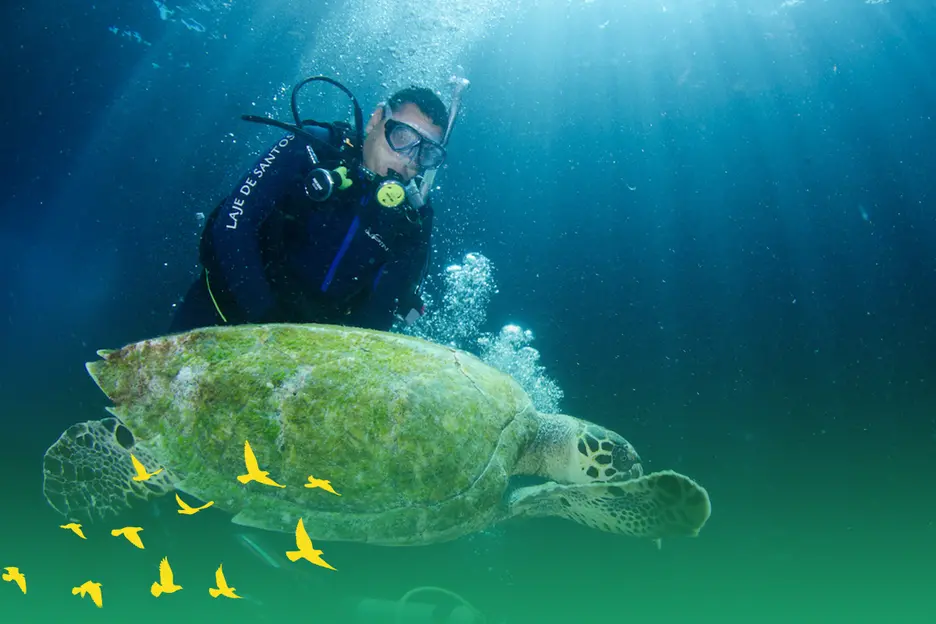
Conservation, preservation, mitigation, and nature-based solutions for sustainable ocean management are part of the climate crisis response. These is what Maximiliano Bello thinks, an expert with more than two decades of experience in ocean conservation and protection.
Maximiliano Bello is a Chilean international ocean policy expert and executive advisor to Mission Blue, where he works closely with world-renowned marine scientist Sylvia Earle. He has also worked with The Pew Charitable Trusts, Patagonia, Oceana, the World Wildlife Fund, Island Conservation, and the Blue Whale Center, among other organizations.
During the COP26, he was chosen as an “Ocean Champion.” He also provided support to four Latin American countries, which eventually announced the protection of the largest marine area in the Western Hemisphere—an unprecedented achievement that sets an example for other countries.
To commemorate this year's World Oceans Day, Bello had an interesting conversation in Barbados with Hilen Meirovich, Director of Climate Change Advisory Services at IDB Invest, on how to address the marine conservation transition from harmful to more sustainable practices without jeopardizing the economic return.
His proven track record has earned him a place at the COP28 in Dubai, where he will share his knowledge in the panel “Business Trends in Marine Conservation: Unlocking a Sustainable Blue Economy in Latin America and the Caribbean,” organized by IDB Invest at the IDB Group Pavilion.
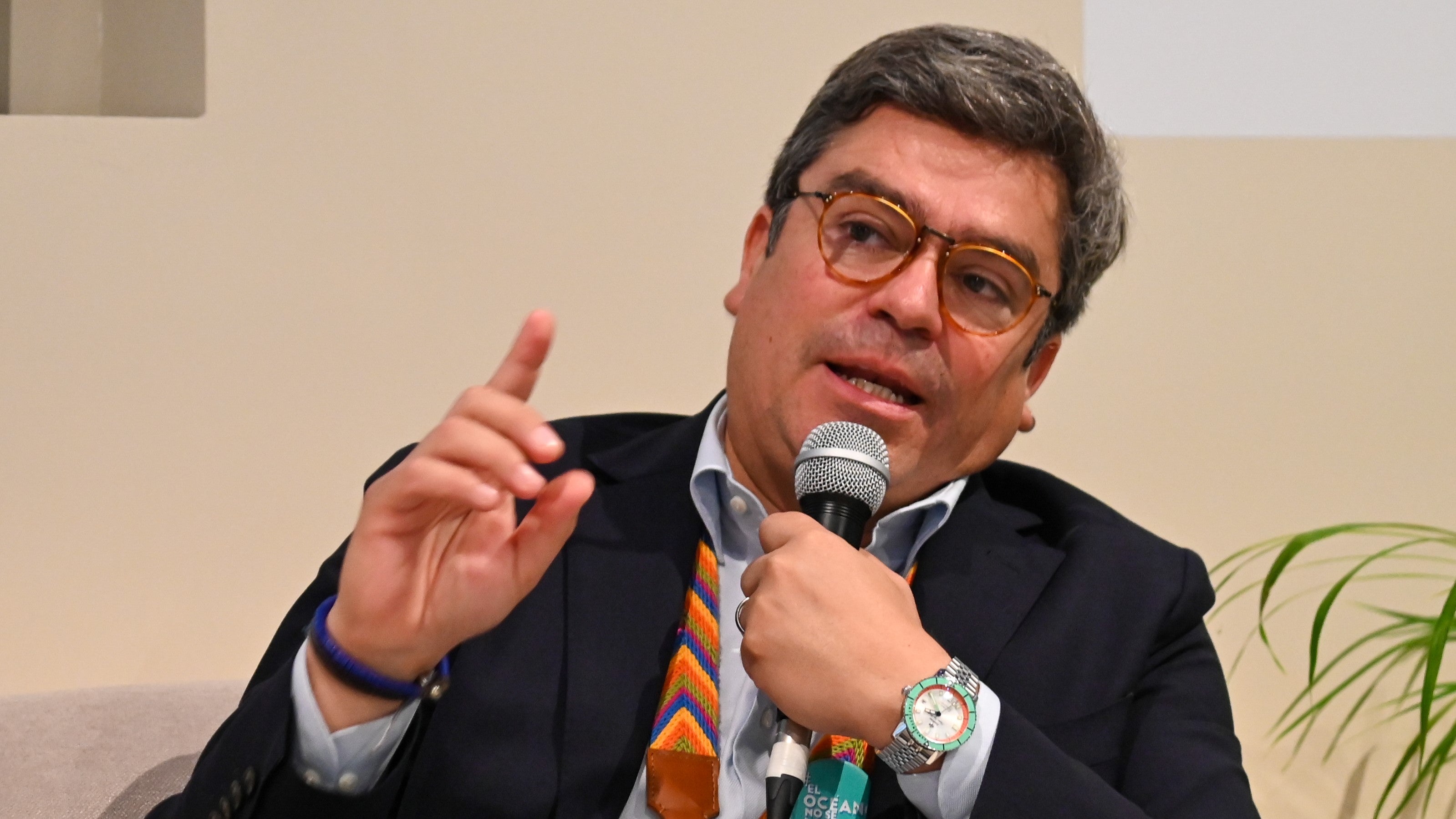
Identifying investment opportunities in the Blue Economy. Why are they necessary?
To create opportunities, we need to look at the blue economy from a different angle. Today, not only are the new ocean’s needs recognized, but also ocean preservation, protection, and nature-based solutions are playing an increasingly important role. The ocean is also part of the climate crisis, which has resulted in more pollution and biodiversity loss. With overfishing posing the most serious threat, any successful and sustainable business model should target the regeneration and recovery of these ecosystems. Resources can be regenerated if we can protect them, adopt regulations, and formalize the extractive sector, particularly fishing. To maintain our continent’s wealth, investment in these areas is needed. The private sector should continue engaging in the active discussions that have led Latin America to become a leader in marine conservation—the basis for climate change mitigation.
How can we promote private-sector investments in protection and regeneration?
First, businesses need to internalize the costs of producing in the oceans. Historically, it has been assumed that the seas would produce; however, we have not yet made the necessary investments to make that happen. Fish is priced only when it is already dead. The question is: what is the production cost of that fish? The time has come for the extractive sector, particularly the fishing industry, to bear part of these costs. This will help protect some of the resources and maintain the business in the long term. Second, businesses need to be responsible. Both the private and public sectors should work together to create a responsibility framework to respond to partners and, ultimately, citizens and nature. The public sector should lay the foundations to make all stakeholders understand the need for sustainability. It’s important for the industry to start thinking about reducing current extraction volumes while, for example, increasing added value. The largest fisheries in our region have been conditioned by the fishmeal market. They are basically reliant on animal protein volumes to produce feed for agriculture or fish farming. Many fish stocks are on the verge of depletion. If we continue applying this cheap, business-as-usual method, we will keep on depleting them. If we adopted a value-added approach to production, the price should change, and so should the business and its operation.
How do we reach consensus to implement these solutions?
I would like to draw your attention to the announcement made by Colombia, Costa Rica, Ecuador, and Panama at the COP26 in Glasgow on the creation of marine protected areas along a corridor that has existed for millions of years but was unprotected. Today, they are still working on implementing that protection. My work seeks to focus on conservation and protection, as they are long-term measures for maintaining resources, diversity, and climate change mitigation efforts. We want to leverage Latin America’s leading position in marine conservation to replicate the model in other regions of the world. This is key to safeguarding the future.
How can we succeed in this endeavor?
Today, 97% of the ocean is open for fishing, whereas only 3% of it is protected. At a historic UN conference in Montreal this past December, countries pledged to protect at least 30% of the ocean by 2030. The World Trade Organization (WTO) also adopted an agreement to “prevent governments from subsidizing activities that affect ecosystems and fish stocks.” This, added to the case of the four countries that have multilaterally decided to protect an ecosystem in the south, is empowering our countries to invest in this type of models because we value our wealth. We have everything we need to move forward. We can see that in Africa, too. I have just come back from Mozambique, where I met with International Union for Conservation of Nature (IUCN) members and government officials. They are launching the Great Blue Wall initiative—similar to the Latin American project—to counteract the effects of climate change and global warming in the Western Indian Ocean region. Our goal is to sign an agreement that can help them leverage our expertise to reduce the future vulnerability of the most impoverished communities on the African continent by promoting governance, limiting illegal extractive activity, and even reviewing legal contracts entered into with some entities in developed countries that are not beneficial for developing countries. This goes a long way towards raising awareness in southern countries and promoting wealth creation.
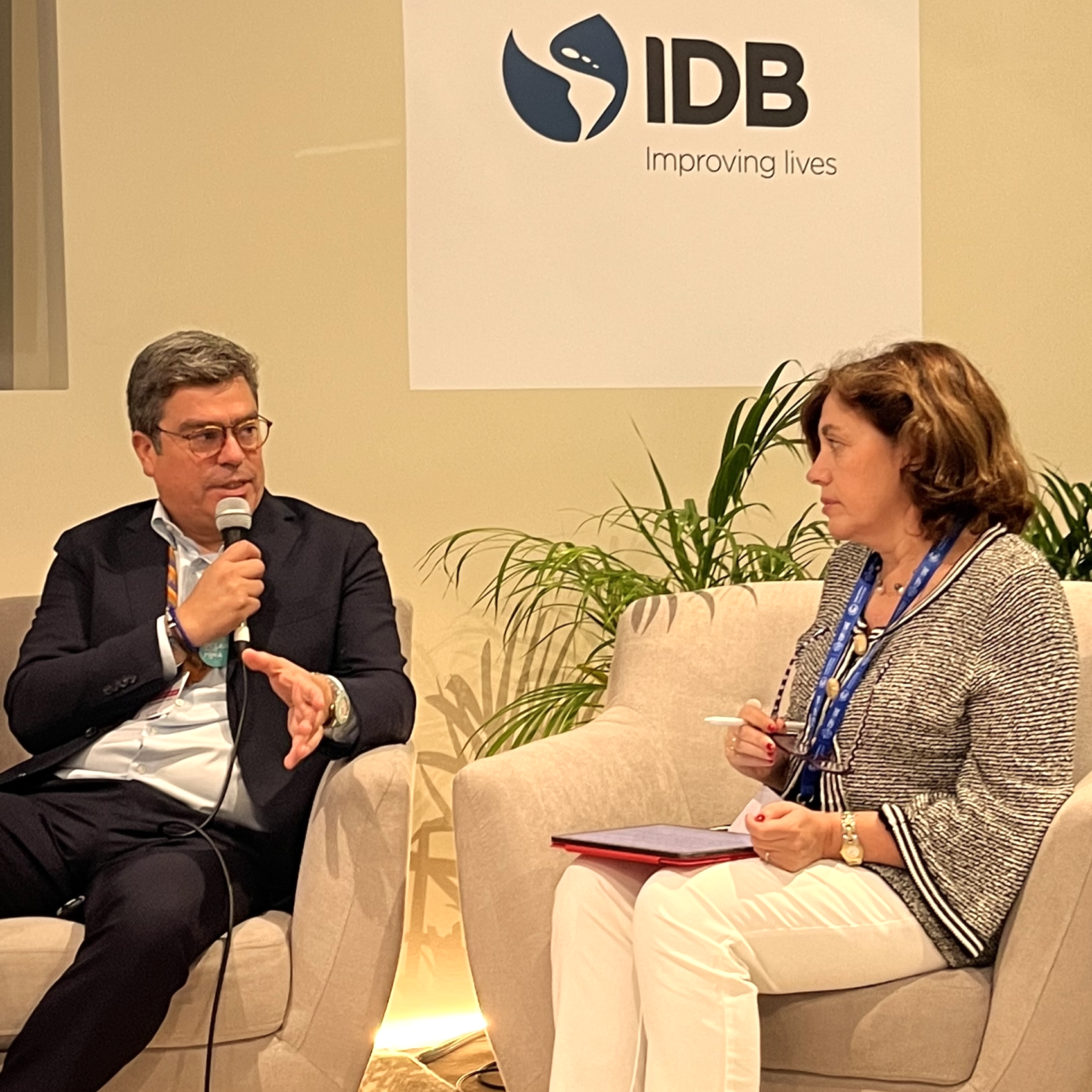
What could be the role of IDB Invest?
I was particularly impressed with the opportunity that tourism-related investments in Africa presented: high-level tourism with significant socioeconomic impact that leverages the value of nature. This activity is crucial in Latin America, where ecotourism has led old hotels to be refurbished to accommodate conservation-oriented guests rather than mass tourism. IDB Invest has a significant role to play here, helping to lay the foundations for these projects. High-quality investments that IDB Invest can support and validate will be very beneficial. This encourages us to move in the direction of sustainability, protecting the oceans and our very existence. IDB Invest can and should provide early support to these projects, engaging businesses and communities to create positive and long-term effects through adequate infrastructure that helps meet conservation needs.
LIKE WHAT YOU JUST READ?
Subscribe to our mailing list to stay informed on the latest IDB Invest news, blog posts, upcoming events, and to learn more about specific areas of interest.
Subscribe